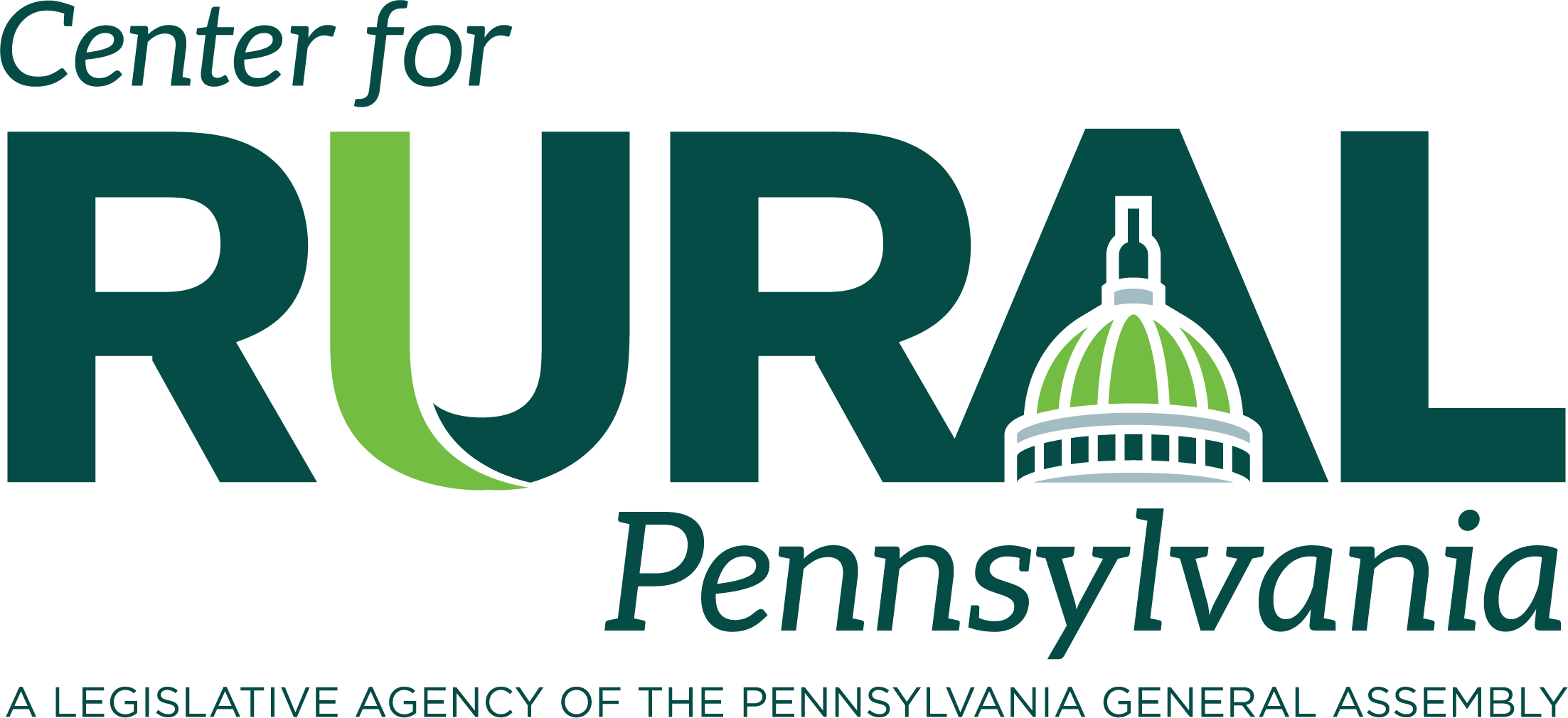- CMS: Medicare Program; Implementation of Prior Authorization for Select Services for the Wasteful and Inappropriate Services Reduction (WISeR) Model
- Public Inspection: CMS: Medicare Program: Implementation of Prior Authorization for Select Services for the Wasteful and Inappropriate Services Reduction Model
- CMS: Secretarial Comments on the CBE's (Battelle Memorial Institute) 2024 Activities: Report to Congress and the Secretary of the Department of Health and Human Services
- HHS: Patient Protection and Affordable Care Act: Marketplace Integrity and Affordability
- HRSA Announces Action to Lower Out-of-Pocket Costs for Life-Saving Medications at Health Centers Nationwide
- Public Inspection: HHS: Patient Protection and Affordable Care Act: Marketplace Integrity and Affordability
- Increased Risk of Cyber Threats Against Healthcare and Public Health Sector
- Eight Hospitals Selected for First Cohort of Rural Hospital Stabilization Program
- Announcing the 2030 Census Disclosure Avoidance Research Program
- CMS: Medicare Program; Hospital Inpatient Prospective Payment Systems for Acute Care Hospitals and the Long-Term Care Hospital Prospective Payment System and Policy Changes and Fiscal Year 2026 Rates; Requirements for Quality Programs; and Other Policy Changes; Correction
- CMS: Medicare Program; Hospital Inpatient Prospective Payment Systems for Acute Care Hospitals and the Long-Term Care Hospital Prospective Payment System and Policy Changes and Fiscal Year 2026 Rates; Requirements for Quality Programs; and Other Policy Changes; Correction
- CMS: Medicare and Medicaid Programs; Contract Year 2026 Policy and Technical Changes to the Medicare Advantage Program, Medicare Prescription Drug Benefit Program, Medicare Cost Plan Program, and Programs of All-Inclusive Care for the Elderly; Correction
- CMS: Medicare and Medicaid Programs; Contract Year 2026 Policy and Technical Changes to the Medicare Advantage Program, Medicare Prescription Drug Benefit Program, Medicare Cost Plan Program, and Programs of All-Inclusive Care for the Elderly; Correction
- CMS: Medicare Program; Prospective Payment System and Consolidated Billing for Skilled Nursing Facilities; Updates to the Quality Reporting Program for Federal Fiscal Year 2026
- CMS: Medicare Program; FY 2026 Hospice Wage Index and Payment Rate Update and Hospice Quality Reporting Program Requirements
Pennsylvania Rep. Boyle Warns Medicaid Cuts Could Be Devastating
Congressman Brendan Boyle (PA-02) held a press conference this week to sound the alarm about the catastrophic consequences that the proposed Medicaid cuts would have in Philadelphia. He was joined by Susan Post, Chief Executive Officer of Esperanza Health Center, and Suzanne O’Grady Laurito, Director of Catholic Housing and Community Services at the Archdiocese of Philadelphia. “In the geographical area that Esperanza takes care of, which is about a three-mile radius from here, we have a population that’s almost 400,000 people. And of those 400,000, almost 200,000 of them rely on Medicaid insurance for all of their health care needs,” said Susan Post, Chief Executive Officer of Esperanza Health Center. Learn more.
Federal Rural Hospital Technical Assistance Finder Now Available on RHIhub!

In collaboration with the Rural Health Information Hub (RHIhub), the Federal Office of Rural Health Policy(FORHP) has released a new tool to help rural hospitals and rural health clinics identify FORHP programs that provide free technical assistance to improve financial and operational performance, quality, and transition to value-based care.
Check out the new FORHP Rural Hospital Technical Assistance Finder at https://www.ruralhealthinfo.org/hospital-ta or on the RHIhub homepage.
Center for Rural Pennsylvania Hosts Hearing on Advancing Rural Mental Health Awareness and Support
 On April 8, 2025, the Center for Rural Pennsylvania Board of Directors held a public hearing at the Capitol Building in Harrisburg to advance awareness and support for rural mental health. The hearing brought together lawmakers, mental healthcare professionals, and community leaders to discuss ongoing challenges and potential solutions related to mental health care in rural Pennsylvania.
On April 8, 2025, the Center for Rural Pennsylvania Board of Directors held a public hearing at the Capitol Building in Harrisburg to advance awareness and support for rural mental health. The hearing brought together lawmakers, mental healthcare professionals, and community leaders to discuss ongoing challenges and potential solutions related to mental health care in rural Pennsylvania.
“We know rural Pennsylvania faces a unique set of challenges when it comes to mental health care,” said Senator Gene Yaw, Chairman of the Center for Rural Pennsylvania Board of Directors. “Limited access to providers, long distances to travel for treatment, and a shortage of specialized resources all contribute to a system facing significant barriers. The Center for Rural Pennsylvania is working to find innovative solutions to address these challenges. This hearing was an important step towards building a more accessible and supportive mental health system for all Pennsylvanians, no matter where they live.”
“The testimony shared at this hearing highlights the urgent need for ongoing collaboration and solutions to address the mental health challenges facing rural Pennsylvania,” said Representative Eddie Day Pashinski, Vice Chairman of the Center’s Board. “This effort includes expanding access to services, tackling workforce shortages, and reducing stigma.”
“We want Pennsylvania to be a place where mental health services are accessible and effective, no matter where you live,” said Senator Judy Schwank, member of the Center’s Board. “But in our rural communities, people often face a unique set of challenges when it comes to getting the care they need. This hearing is an opportunity to explore some of the most common barriers to mental health care in rural Pennsylvania and begin identifying solutions.”
“I was grateful for the insight provided by mental health professionals, judges, and other officials who testified concerning the unique challenges that exist in rural communities, including homelessness,” said Representative Dan Moul, member of the Center’s Board. “Homelessness is a far more complex problem than I imagined, particularly for those with mental health and substance abuse challenges. Clearly, there is no easy fix, but as we examine this issue, I am hopeful solutions can be found that will build on the resources available.”
“The mental health struggles in our rural communities are not just data points—they’re daily realities for countless Pennsylvanians,” said Dr. Kyle C. Kopko, Executive Director of the Center. “This hearing shed vital light on the challenges and, more importantly, the opportunities to expand care, break down barriers, and ensure no one is left to face these issues alone.”
Testifiers included:
- The Honorable Judge Tiffany L. Cummings, Magisterial District Court 04-3-03, Tioga County
- Annette (Annie) L. Strite, M.A., M.H./I.D.D. Administrator and Mental Health Director
- Andrea B. Kepler, L.C.S.W., Administrator, Dauphin County Mental Health, Autism and Developmental Programs
- Chris Santarsiero, Vice President of Government Affairs, Connections Health Solutions
- Kimberly Jones, M.S., L.P.C.S., Vice President of Clinical Operations, Connections Health Solutions
- Brittney McCarthy, Strategic Account Manager, Connections Health Solutions
- Dr. Jamie Zelazny, Assistant Professor of Nursing and Psychiatry and Co-Director of the Digital Health Hub, University of Pittsburgh
- Dr. Brayden N. Kameg, Assistant Professor of Nursing, University of Pittsburgh; Director of the Mental Health Nurse Practitioner Residency Program, VA Pittsburgh Healthcare System
- Dr. Brian Schurr, Central Keystone Counseling
To access the hearing recording and testimony, visit the Center’s website at www.rural.pa.gov.
SAMHSA/FEMA Post-Disaster Crisis Counseling Assistance and Training Program
The Substance Abuse and Mental Health Services Administration (SAMHSA) administers relief grants to states, territories, and tribes to address behavioral health needs post-disaster through community-based outreach, crisis counseling, public education, and other supportive services. The Federal Emergency Management Agency (FEMA) funds the program as support for mental health assistance and training. Learn more about how a disaster gets declared at the federal level and search FEMA’s list of disasters and other declarations.
USDA Rural Development Offers Disaster Assistance
Rural Development at the U.S. Department of Agriculture (USDA) has a series of loans and grants for community facilities, businesses, water and infrastructure, and housing.
Medicare Billing Information for Advanced Primary Care Management Services
Starting January 1, 2025, eligible providers may use a new payment bundle for Advanced Primary Care Management (ACPM) that reflects the essential elements of advanced primary care, including principal care management, transitional care management and chronic care management. ACPM services combine elements of several existing care management and communication technology-based services
Update: RHC and FQHC CMS Medicare Benefit Policy Manual
The Centers for Medicare & Medicaid (CMS) updated the Medicare Benefit Policy Manual Chapter 13 for Rural Health Clinics (RHCs) and Federally Qualified Health Centers (FQHCs) with Calendar Year 2025 requirements and payment policies.
CMS Finalizes Technical Changes to Medicare Advantage and Prescription Drug Plans
In this final rule, the Centers for Medicare & Medicaid Services (CMS) implements changes related to Medicare Advantage (MA) inpatient admission decisions, vaccine and insulin cost sharing, the Medicare Prescription Payment Plan, Medicare Advantage dual eligible special needs plans (D-SNPs), Star Ratings, and other programmatic areas. CMS is not finalizing three provisions from the proposed rule:
- Enhancing Health Equity Analyses: Annual Health Equity Analysis of Utilization Management Policies;
- Procedures and Ensuring Equitable Access to Medicare Advantage Services—Guardrails for Artificial Intelligence; and
- Part D Coverage of Anti-Obesity Medications (AOMs) and Application to the Medicaid Program.
There are other provisions from the proposed rule that are not included in this final rule. CMS may address them in future rulemaking, as appropriate. As of January 2023, about 45 percent of rural Medicare beneficiaries were enrolled in an MA plan.
The Rural and Urban Supply of Clinicians With a DEA Waiver to Prescribe Buprenorphine in 2022 Prior to the Elimination of the Waiver Requirement
Among key findings from the WWAMI Rural Health Research Center:
- Overall, the supply of eligible clinicians grew in both rural and urban counties in the five years from 2017 to 2022.
- Despite this growth, more rural counties lacked waivered clinicians (30.1 percent) compared to urban counties (10.4 percent) in 2022, and rural counties had a lower overall supply of clinicians per 100,000 population (25.2) compared to urban counties (32.6).
- Small and remote rural counties had the greatest proportion of counties without a clinician (41.3 percent) compared to other rural counties.
Pennsylvania Childhood Pre-K Fact Sheets & Mapping Available

Each year, PPC creates interactive maps for the Pre-K for PA campaign, and the 2025 maps and corresponding fact sheets are now available. Data on pre-k is available at the statewide, county, school district, and legislative district levels.
The maps highlight the unmet need for high-quality, publicly funded pre-k at each geographic level, including data points such as the eligible child population, high-quality, publicly funded enrollment, and the number of high-quality pre-k locations.
Statewide, of the 151,325 eligible children ages 3-4 living in Pennsylvania, only 44% have access to high-quality pre-kindergarten. With workforce challenges in the sector, an additional 8,477 pre-k staff are needed to serve the remaining eligible children.
As part of an enacted 2025-26 budget, the Pre-K for PA campaign is asking the General Assembly to:
- Support the proposed investment of $15 million in Pre-K Counts to help stabilize early learning providers by boosting per-child rates to help combat inflationary pressures and staffing shortages caused by low wages.
- Include an investment of $9.5 million for the Head Start Supplemental Assistance Program to help stabilize the Head Start Workforce.
Access the new fact sheet and online map here.
